Center for Machine Learning and Health
2024 Fellowships in Digital Health Innovation
Meet the 2024 CMLH Fellows in Digital Health Innovation
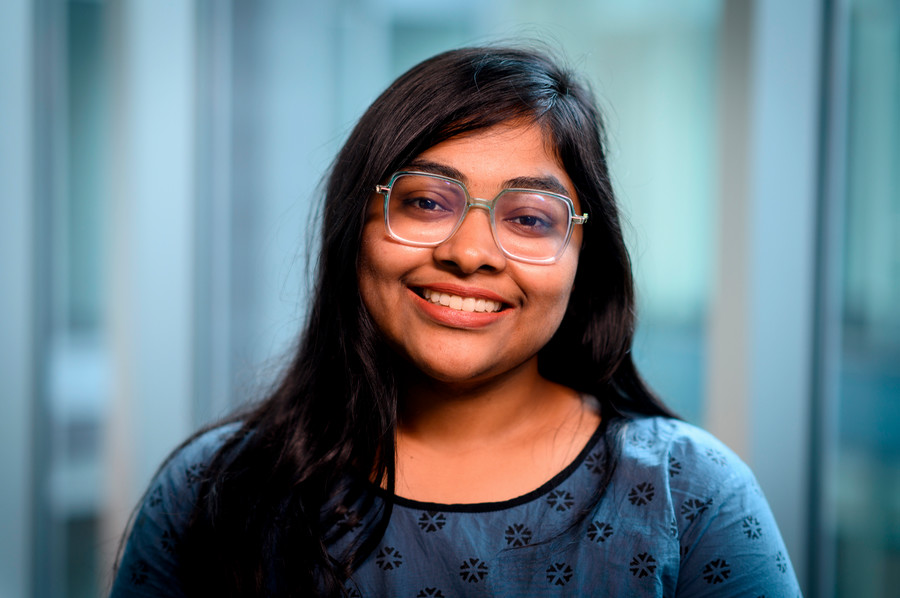
Nishat Anjum Bristy is a Ph.D. student in the Ray and Stephanie Lane Computational Biology Department, advised by Professor Russell Schwartz. Her research mainly focuses on developing a suite of scalable computational methods for characterizing cancer progression from diverse genomic technologies to support more precise, personalized and effective patient care. Before joining CMU, Nishat completed her undergraduate studies in computer science and engineering from the Bangladesh University of Engineering and Technology.
Fellowship Research: “Understanding Tumor Progression Using Multi-Omic Datasets”
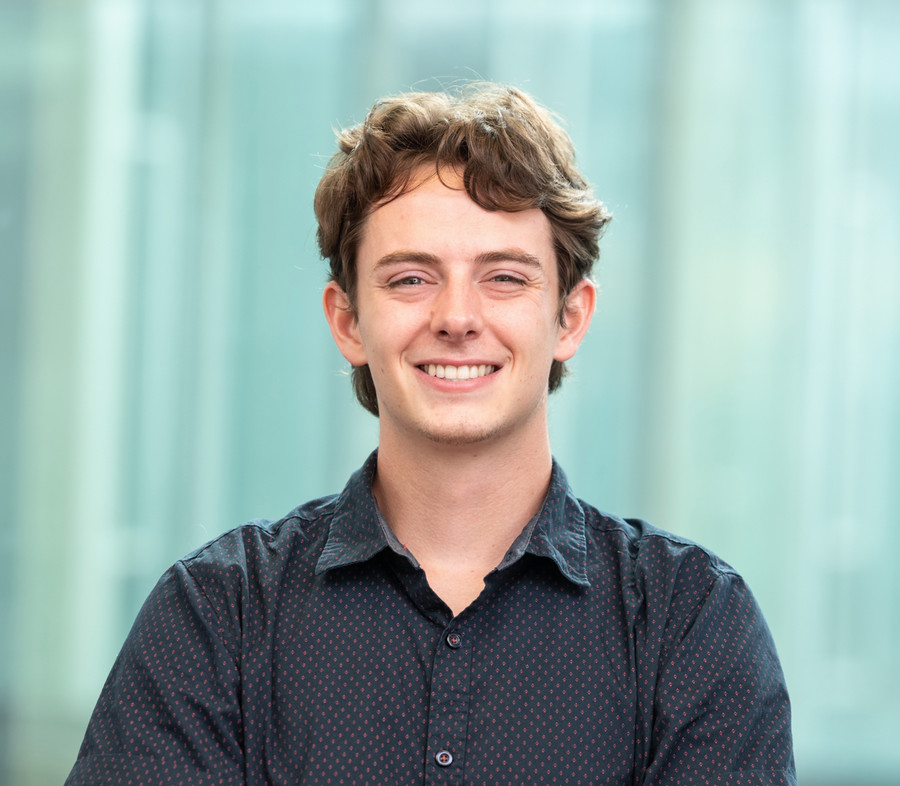
Caleb Ellingtonis a Ph.D. candidate in the Ray and Stephanie Lane Computational Biology Department, advised by Eric P. Xing. His research focuses on developing personalized, context-aware machine learning methods to model heterogeneous and rare diseases. By integrating patient-specific genetic, environmental and treatment data into disease models, Caleb aims to enhance our understanding of disease pathology and patient outcomes, paving the way for new diagnostics and therapeutics. Before CMU, he earned bachelor's degrees in computer science and bioengineering from the University of Washington.
Fellowship Research: “Modeling and Interpreting Medical Decisions With Adaptive Imitation Learning”
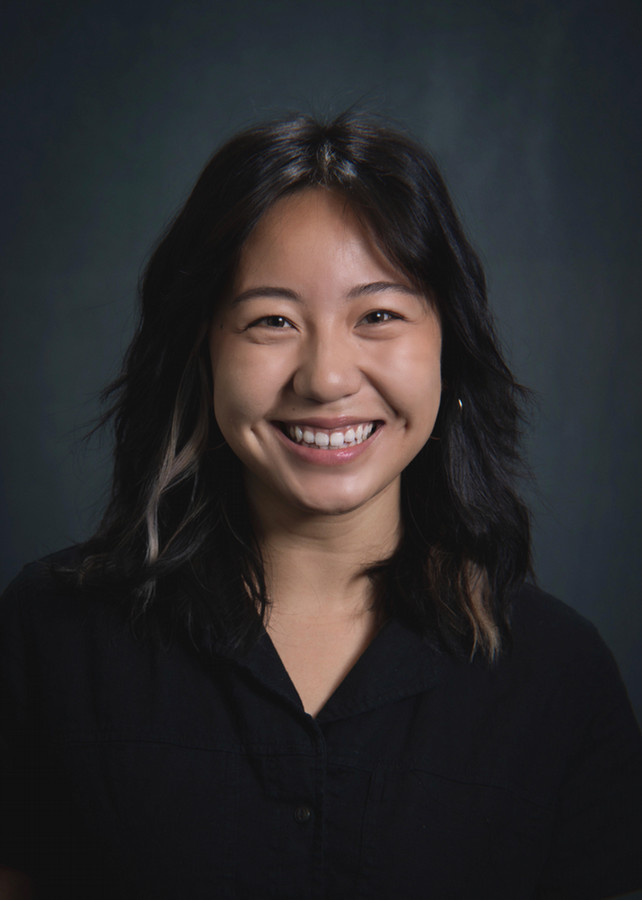
Anna Fang is a Ph.D. student in the Human-Computer Interaction Institute (HCII), advised by Haiyi Zhu. Her research is in computational social science for well-being, and studies how social technology can enable better mental health for both individuals and communities. Her work predominantly focuses on proactive approaches to care — those that are self-sustaining, self-correcting or that promote positive behaviors — rather than retrospective handling of harmful behaviors. Anna's work primarily spans the fields of artificial intelligence, network science and social science.
Fellowship Research: "Immersion for Self-Care: Realistic Practice for Stress and Anxiety Management Using Generative Agents in Virtual Reality"
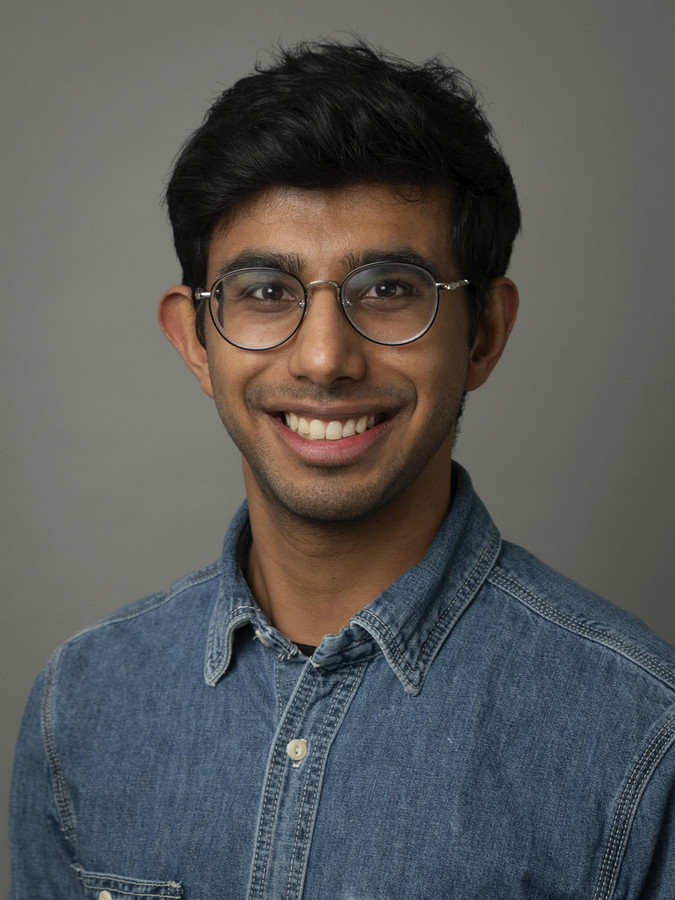
Arnav Garcha is a Ph.D. candidate in the Mechanical Engineering Department, advised by Professor Noelia Grande Gutiérrez. His research uses multiphysics simulations to gain a deeper understanding of cardiovascular pathologies, such as coronary artery disease and thrombosis. He aims to increase the clinical utility of computational cardiovascular models by integrating multiscale and data-driven techniques to accelerate simulation times at physiological scales. He received his bachelor’s degree in mechanical engineering from the University of Waterloo in Canada.
Fellowship Research: “Accelerating Thrombosis Prediction With Multiphysics and Deep Learning Models”
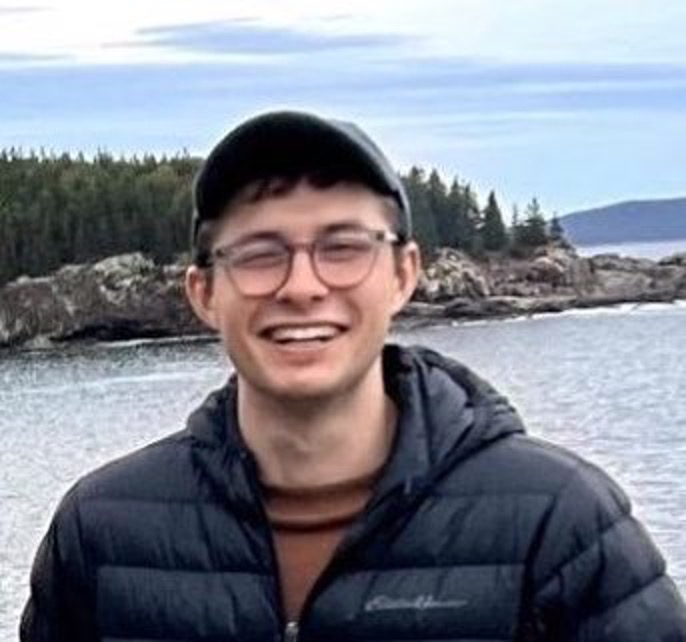
Fellowship Research:"AI-Enabled Coordination in Home Care Networks"
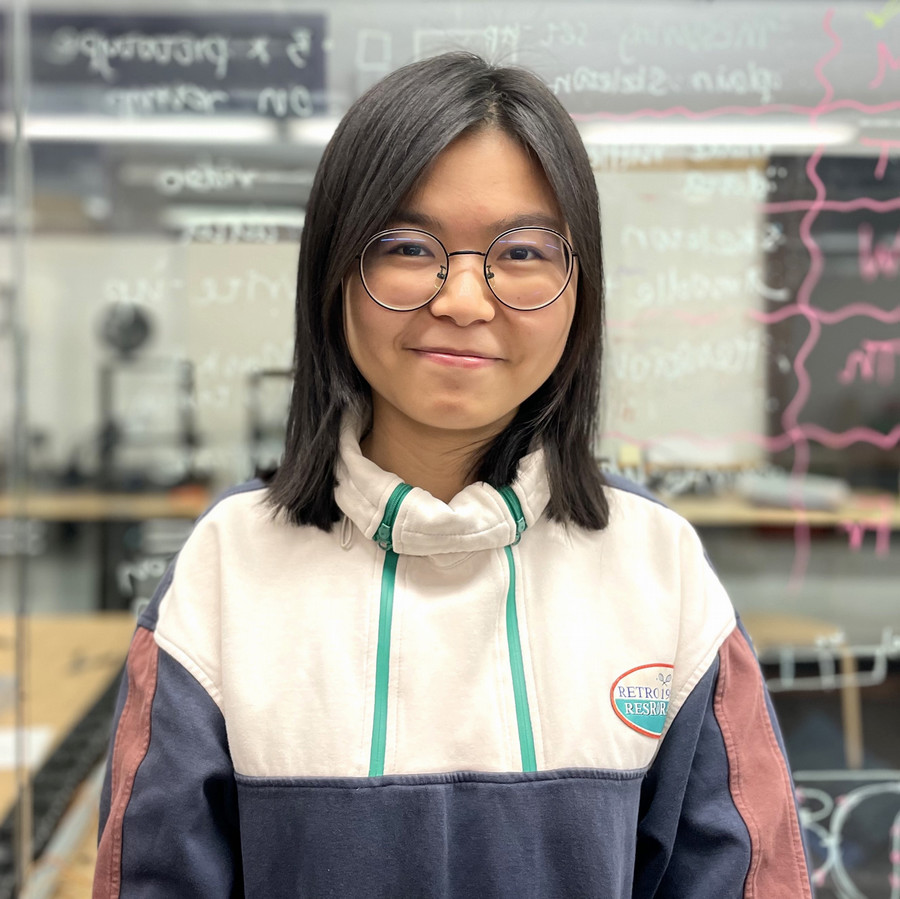
Yuyu Lin is a Ph.D. student in the HCII advised by Professor Alexandra Ion. Yuyu’s research focuses on fabrication methods for smart and assistive wearables composed of reconfigurable microstructures. Her current work is to create microstructures with integrated sensing for body movement support, which form passive, personalized orthoses that self-adapt the force assistance during use. Yuyu received her bachelor's degree in industrial design at Zhejiang University in China and a master's degree in computer science at Stanford University.
Fellowship Research: “3D Printing Microstructured Paralysis Orthotics With Integrated Sensing and Actuation”
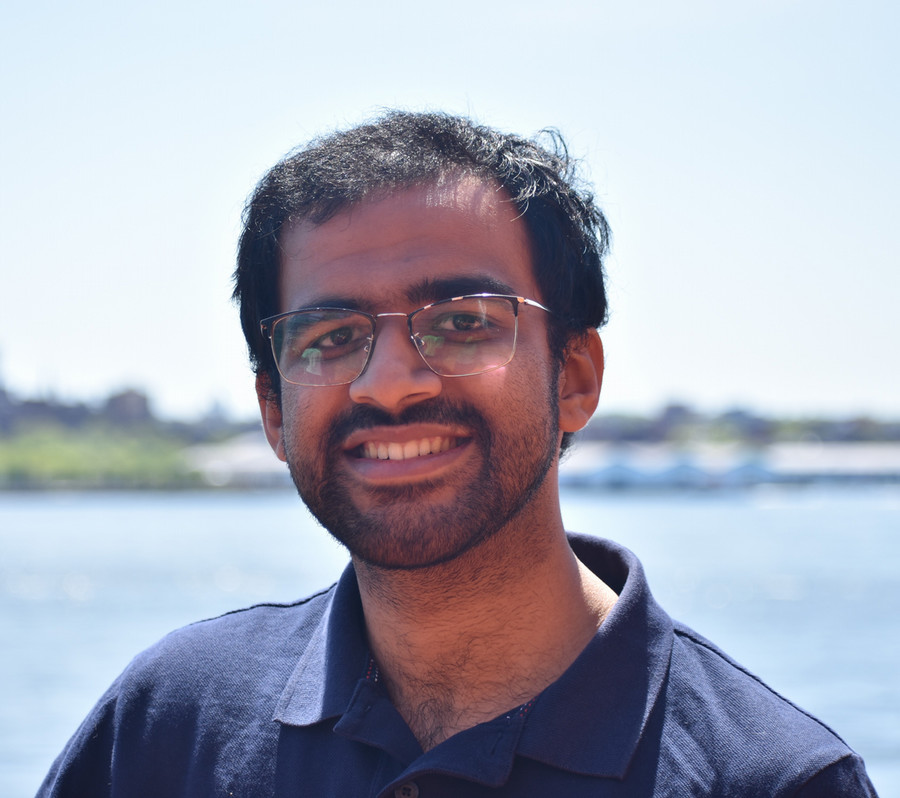
Pratyush Madapuji Ravi is a Ph.D. student in the Biological Sciences Department, advised by Professor Luisa Hiller. He is broadly interested in studying microbial evolution, especially in the context of antibiotic resistance in bacteria and human health. His thesis project aims to understand how penicillin resistance evolves by horizontal gene transfer in the important human pathogen Streptococcus pneumoniae, using a combination of laboratory experimental evolution and computational genomics approaches. Understanding the mechanisms underlying the evolution of penicillin resistance will enable better tools to predict the emergence of resistance and improved personalized treatments in the clinic.
He received an integrated B.S. and M.S. from the Indian Institute of Science Education and Research in Pune, India.
Fellowship Research: “Predicting Current and Future Penicillin Resistance in S. Pneumoniae Infections”
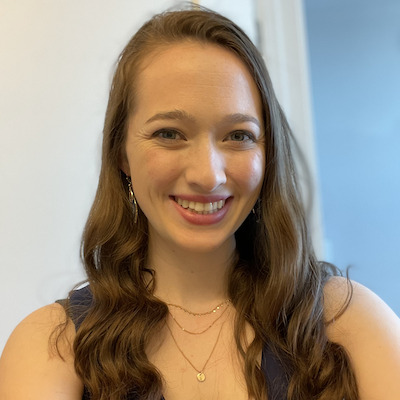
Katelyn Morrison is a Ph.D. candidate in the HCII advised by Adam Perer. Her research focuses on improving human-AI collaborations by understanding humans' reliance behaviors on AI and how explainable AI impacts their behaviors.
Previously, Katelyn completed her bachelor’s degree in computer science at the University of Pittsburgh.
Fellowship Research: "Understanding the Impact of What-If Scenarios in a Clinical Decision-Support Tool for Pulmonary Arterial Hypertension Patient Care and Risk Management"
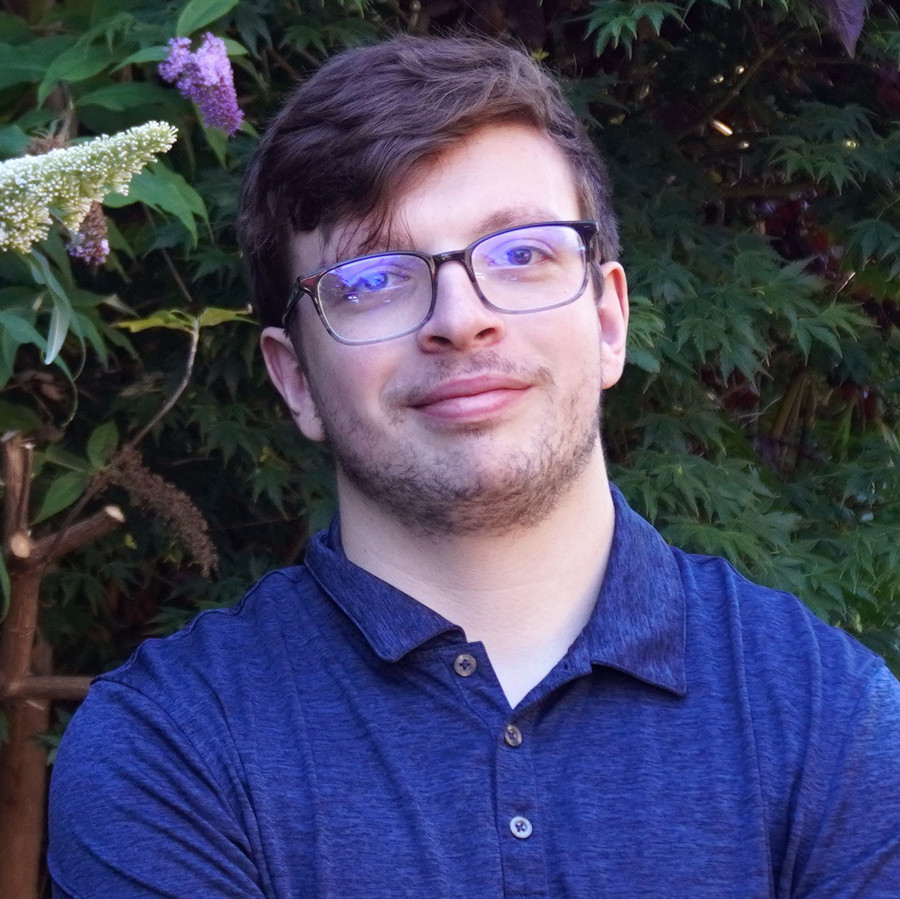
Alistair Turcan is a Ph.D student in the Ray and Stephanie Lane Computational Biology Department advised by Professor Martin Zhang. His research focuses on the development of tools for inferring causality in genetics, such as implicating individual cells with heritable traits, or deciphering bidirectional relationships between genes and disease. He completed his B.S. in computer science at Western Washington University.
Fellowship Research: “Complex Genetic Modelling To Enable Precision Medicine for Heritable Disease”
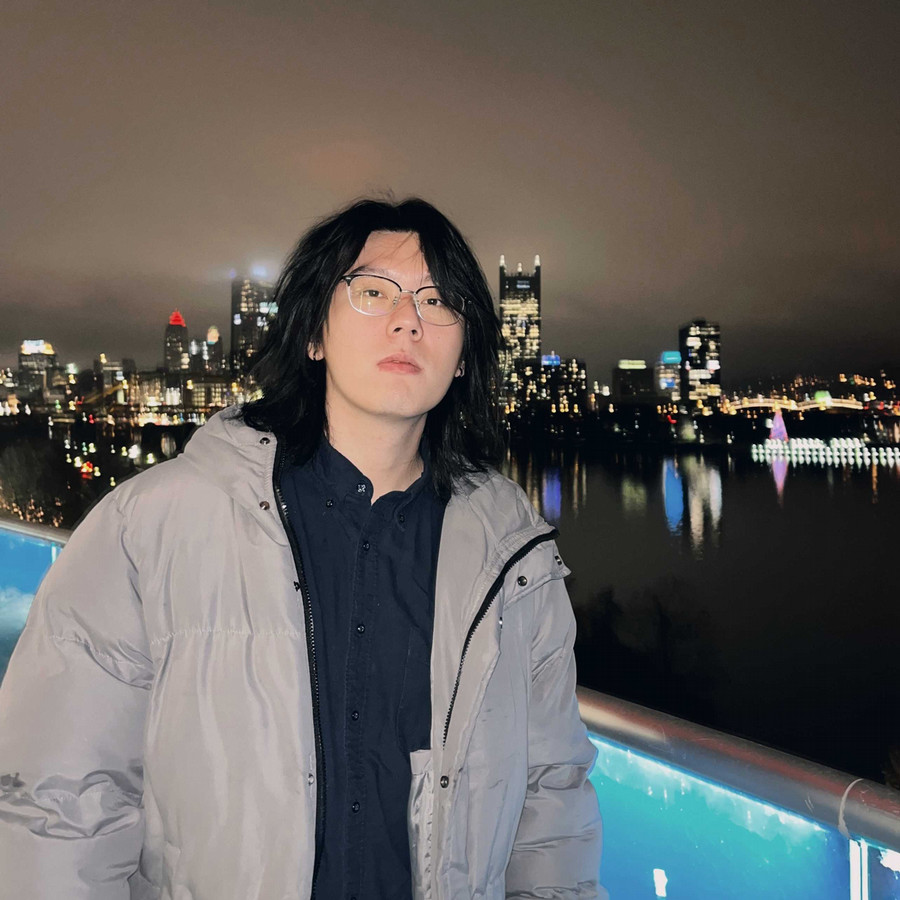
Haozhe Zhou is a Ph.D. student studying societal computing in the Software and Societal Systems Department advised by Yuvraj Agarwal and Mayank Goel.
Before joining CMU, Haozhe earned his bachelor's degree in computer science from Purdue University. His research focuses on developing multimodal sensing systems aimed at enhancing end-user experiences for smarter and healthier living.
Fellowship Research: “Advanced Phenotyping and Personalized Interventions for Improving Mental Health Conditions of Breast Cancer Survivors”
